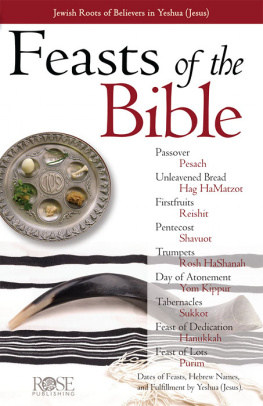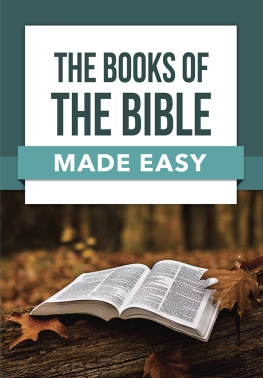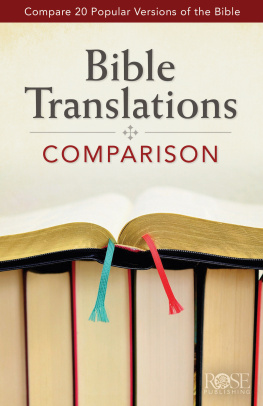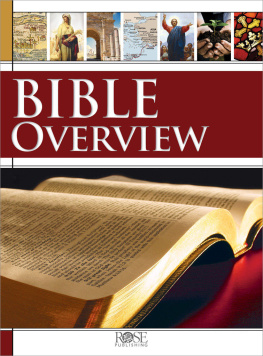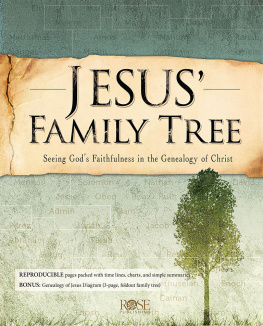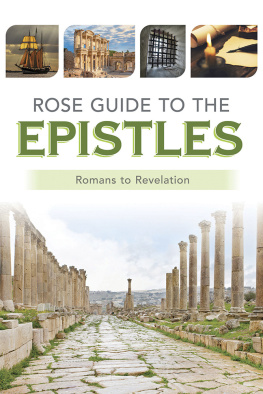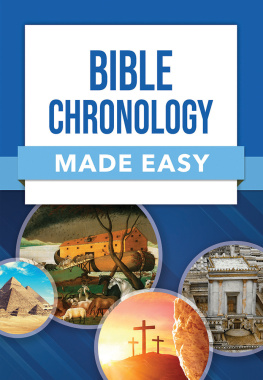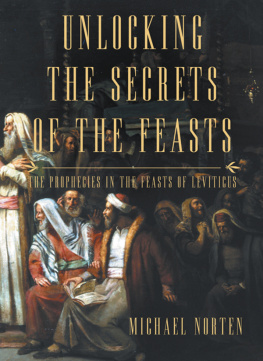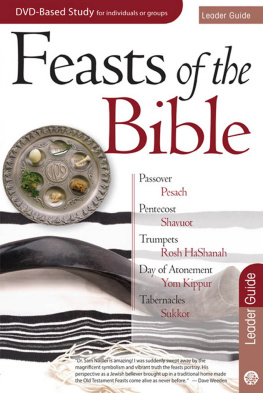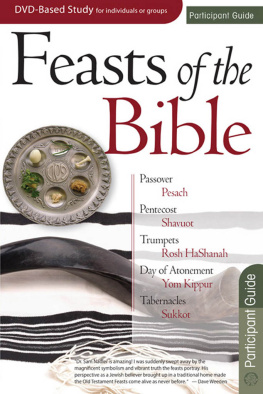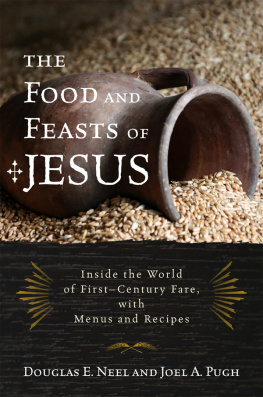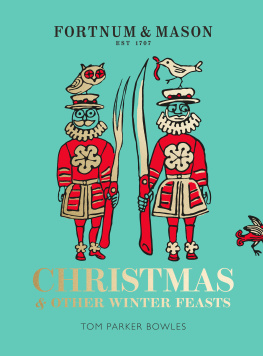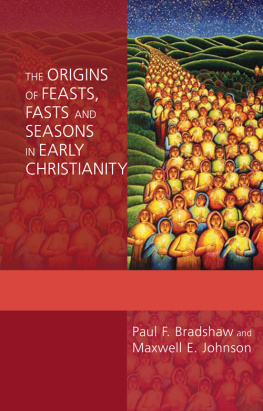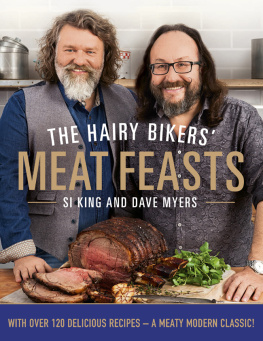
Holiday
PASSOVER
Also Known As
Pesach
Hebrew

Date Observed
14 NISAN (March or April)
Scripture Basis
Leviticus 23:45; Exodus 12:14
General Information
Passover: Commemorates Gods Deliverance of Israel Out of Egypt
Pesach (PAY-sahk) means to pass over. The Passover meal, seder (SAY der), commemorates the Israelites deliverance from slavery in Egypt. The Lord sent Moses to lead the children of Israel from Egypt to the Promised Land. When first confronted by Moses, Pharaoh refused to let the people go. After sending nine plagues, the Lord said the firstborn males of every house would die unless the doorframe of that house was covered with the blood of a perfect lamb. That night, the Lord passed over the homes with blood on the doorframes. The tenth plague brought death to the firstborn sons of Egypt, even taking the life of Pharaohs own son. Finally, Pharaoh let the children of Israel go. Passover was to be a lasting ordinance for generations to come.
Yeshua (Jesus)
Jesus ate the Passover with his disciples, saying that he had eagerly desired to eat this Passover with them before he suffered and that he would not eat it again until the kingdom of God comes (Luke 22:716). After the Passover meal, they sang a hymn and went to the Mount of Olives (Matt. 26:30). The hymn sung during Passover is the Hallel which includes Psalm 118:22: The stone the builders rejected has become the cornerstone. Jesus is the cornerstone that the builders rejected (Matt. 21:42; 1 Peter 2:7). Jesus was crucified as the Lamb of God who takes away the sin of the world (John 1:29). The Lords Supper is a remembrance of his sacrifice as the perfect Passover Lamb and the fulfillment of the new covenant between God and man (Luke 22:20; 1 Cor. 5:7; Eph. 2:1113). Prophecy of this sacrifice is found in Psalm 22. The Hebrew prophet Isaiah also spoke of the sufferings and sacrifice of the Messiah (Isa. 53).
Fascinating Facts
- Jesus parents traveled to Jerusalem yearly to celebrate Passover. At age 12, Jesus went with them (Luke 2:4150).
- The Passover lamb must be a perfect male with no blemish (Ex. 12:5).
- The cup of the Lords Supper is the third cup of the Passover Seder, the Cup of Redemption. The bread of the Lords Supper is the Afikomen. It is the matzah that is broken, hidden, found, bought for a price, and then eaten to end the meal. Afikomen means I came in Greek.
Passover in the Hebrew Scriptures: Ex. 12; Num. 9; 28:1625; 2 Chron. 35:119; Ezra 6:19; Ezek. 45:21
Passover in the New Testament: Matt. 26; Mark 14; Luke 22; John 6:4; 11; 13; 19; 1 Cor. 5:7
Holiday
UNLEAVENED BREAD
Also Known As
Hag HaMatzot
Hebrew

Date Observed
15-21 NISAN (March or April)
Scripture Basis
Leviticus 23:68; Exodus 12:1520
General Information
In Leviticus 23, Hag HaMatzot (Hawg Hah-MAHT-zot) or Hag HaMatzah, also known as the Feast of Unleavened Bread, is mentioned as a separate feast on the fifteenth day of the same month as Passover. Today, however, the feasts of Pesach, Unleavened Bread, and Firstfruits have all been incorporated into the celebration of Passover, and reference to Passover means all three feasts. Passover is celebrated for eight days, 1421 Nisan. The Lord said that for seven days the children of Israel must eat unleavened bread. This bread, made in a hurry without yeast, represents how the Lord brought the Israelites out of Egypt in haste.
In Scripture, leaven also represents sin. Today, cleansing the house before Passover is often a symbolic search to remove any hypocrisy or wickedness. Unleavened Bread is one of the three pilgrimage feasts when all Jewish males were required to go to Jerusalem to appear before the Lord (Deut. 16:16).
Yeshua (Jesus)
Unleavened bread (matzah) is a symbol of Passover. Leaven represents sin (Luke 12:1; 1 Cor. 5:78). Matzah stands for without sin and is a picture of Jesus, the only human without sin. Jesus said that the bread of God is he who comes down from heaven and gives life to the world and that he (Jesus) is the bread of life, the bread that came down from heaven, the living bread which a person may eat and not die (John 6:32, 35, 41, 48). While leaven is a symbol of sin, the Messiah is unleavened or sinless. He conquers the grave with his resurrection because he is not a sinner under the curse of death. Jesus was scourged and pierced at his crucifixion. As the prophet Isaiah proclaims, By his stripes we are healed (Isa. 53:5 KJV). All of the festivals instituted by God, including Passover and Unleavened Bread, are shadows of things to come (Col. 2:17).
Fascinating Facts
- The only type of bread eaten during the eight days of Passover/Unleavened Bread is matzah. It is made with flour and water only, not any leaven. It is striped and pierced during baking. Matzot is plural for matzah.
- The utensils used must never touch leaven. Bakery goods are made with matzah meal.
- On the night before Passover, the father does a final search for any remaining leaven in the house. Traditionally, by candlelight, he sweeps any remaining bread crumbs onto a wooden spoon with a goose feather. When finished, the bread crumbs, the feather, and the spoon are placed in a bag and burned the next morning.
Unleavened Bread in the Hebrew Scriptures: Ex. 23:15; 34:18; 2 Chron. 30; Ezra 6:22
Unleavened Bread in the New Testament: Acts 12:3; 20:6
Holiday
FIRSTFRUITS
Also Known As
Reishit
Hebrew

Date Observed
16 NISAN (March or April)
Scripture Basis
Leviticus 23:914
General Information
Firstfruits: Offerings are Given for the Spring Barley Harvest
On Reishit (Re-SHEET) people offered the first ripe sheaf (firstfruits) of barley to the Lord as an act of dedicating the harvest to him. On Passover, a marked sheaf of grain was bundled and left standing in the field. On the next day, the first day of Unleavened Bread, the sheaf was cut and prepared for the offering on the third day. On this third day, Reishit, the priest waved the sheaf before the Lord. Counting the days (omer) then begins and continues until the day after the seventh Sabbath, the 50th day, which is called Shavuot or Pentecost (the next feast on the calendar).
Jewish people rarely celebrate Reishit today, but it has great significance for followers of Jesus as the most important day of the year, the day of Jesus resurrection.
Yeshua (Jesus)
Firstfruits is a picture of Jesus resurrection. Jesus rose on the third day of Passover season,
16 Nisan, the day of Firstfruits. That event gave new meaning to this agricultural holiday. The apostle Paul, a Jewish believer and rabbi, wrote, But Christ has indeed been raised from the dead, the firstfruits of those who have fallen asleep. For since death came through a man, the resurrection of the dead comes also through a man. For as in Adam all die, so in Christ all will be made alive. But each in turn: Christ, the firstfruits; then, when he comes, those who belong to him (1 Cor. 15:2023). Jesus resurrection is the promise of the future resurrection of believers (John 5:2829). Although most believers in Jesus have never heard of Reishit, they celebrate it as Resurrection Day, or Easter.
Next page
